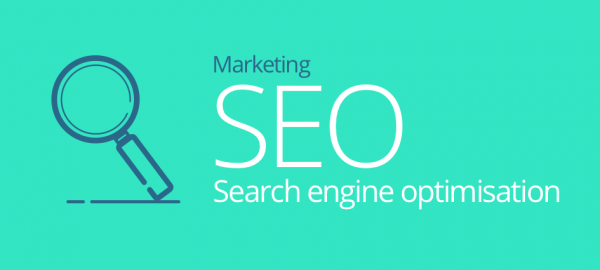Understanding how to boost your website’s SEO can enhance the prominence of your business in search engine results pages (SERPS). So, if you have found yourself asking, ‘what is search engine optimisation?’ here are some brief answers you have been looking for.
What is search engine optimisation?
You have no doubt been told that securing a high ranking position on Google will result in a significant increase in your search traffic and have a positive impact on your, leads, sales and conversions. As such, you are already familiar with some of the promises of effective search engine optimisation (SEO). Put simply, SEO is the term used to describe the process of boosting the standing of websites in organic (unpaid) search results.
There is More to SEO Than SEO
While it’s true that generally, the higher you appear in search results, the more traffic your site will attract, there are considerable complexities inherent in SEO. If, for example, you publish high-quality content to your website that your audience wants to link to, your rankings will likely see a significant boost. This doesn’t mean that your content is SEO, but it is a key component of it.
Similarly, if your website delivers a poor user experience (UX) which results in visitors hitting the back button because they can’t work out where to look for the information they are seeking, your rankings can be negatively impacted. Again, your UX is not SEO, but ensuring that your site provides a seamless experience is essential if you want to rank well in the competitive search results landscape we’re seeing in 2019.
Aiming to secure a position on the first page of search results for a relevant search term is not a bad goal to have. The feasibility of this goal is dependent on a variety of factors including your business, the marketplace in which you are operating and the search terms you are targeting. There are however several fundamental principles that, with a little perseverance and patience, should deliver tangible results for your business.
Focusing on Keyword Rich Content
Search providers use software known as spiders to crawl the web in a highly methodical manner to accurately index and rank content in accordance with what searchers want to find when they enter a term into a search engine. Spiders will identify keywords and phrases within the copy on your site to determine how relevant your site is to a particular search term.
Linking Structures
Your link profile will be used to determine the influence and trustworthiness of your site. Internal and outbound links are both crucial to a healthy link profile so, whenever you mention an authoritative source or site, link to it. Equally, creating a clear link structure between each page on your site will improve your navigation and help your visitors to locate the information they are seeking with ease.
Refresh your Content
Spiders will crawl frequently updated websites more often, so this should be taken as an incentive to refresh your content on a regular basis. Content refreshes can include everything from updating copy or imagery on existing pages to regularly posting new content to your site’s blog. Not only will this help you to expand your reach and nurture an engaged audience, but your site will also appear to be a leading authoritative voice within your niche.
There are many other factors involved in a comprehensive SEO strategy, including technical optimisation of your website, but the above keyword, content and linking considerations are worthy of immediate attention.
